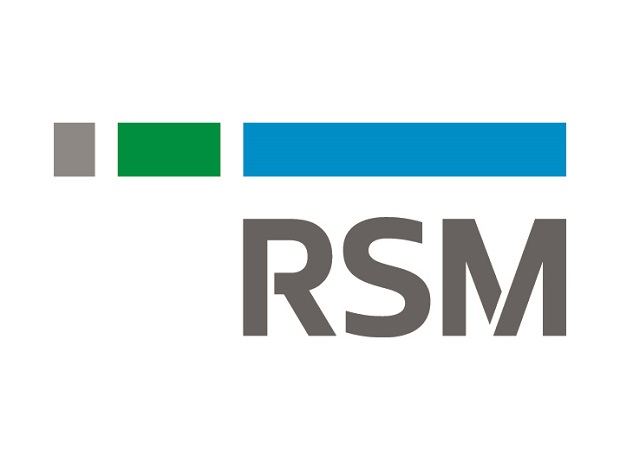

An ambitious debt reduction plan: the deficit is to fall, but who will bear the cuts?
In late August, the deficit forecast was revised to 5.6% of GDP, amounting to approximately €7.4 billion. The deficit is expected to fall below 5% of GDP next year, requiring further cuts of more than €1.5 billion. The government debt is to drop below 3% of GDP by 2027.
The government has recently unveiled a new package of measures to help reduce the public deficit and consolidate the state budget. The ultimate target is to save up to €2.7 billion.
As these changes have not yet been finally approved, there may be further adjustments or reconsideration of some of the measures.
Which part of the population will be affected by these changes and who will be hit the hardest?
Financial transaction tax
A financial transaction tax will be introduced, applying to bank transfers, ATM withdrawals and the purchase of securities. The tax rate will be 0.4% of the amount transferred and will be capped at €30. Bank withdrawals will be taxed at 0.8%. The law stipulates that payments to certain legal entities will be exempt from the tax.
Sole traders will have to separate family and business finances and open separate accounts, which means additional costs.
Both economic experts and employers’ associations agree that the proposed tax will place a disproportionate burden on the business environment.
For example, a company with a thousand employees will lose over €40,000 annually in wage payments alone as a result of the new tax. If it paid 300 invoices of €10,000 each to its suplliers each month, it would pay more than €140,000 in extra tax.
In addition, government officials have announced that they are preparing more detailed mechanisms to prevent tax evasion by making payments through overseas accounts.
VAT changes
The key changes also include VAT rate adjustments.
- The base rate, which applies to consumer goods such as electronics, will increase from 20% to 23%.
- The VAT rate applicable to selected essential food, medicines and textbooks will fall to 5%.
- Books will now be subject to 23% VAT (previously 10%), while
- a 19% tax rate will apply to non-essential food and energy.
- The reduced 10% rate will be discontinued.
The last-minute changes are still being debated by the government coalition. Some sources claim that Prime Minister Robert Fico proposed a 0% tax rate on food.
The government has adopted controls to make sure retail chains pass the reduced rates on to customers.
Tax hikes for businesses
Corporate income tax will increase from 21% to 22% for businesses with annual revenues exceeding €1 million (a €5 million threshold was originally considered). In addition, the profits of refineries, the energy sector and telecommunications companies will be subject to a new special levy.
Changes related to sole traders
As for the taxation of sole traders, rumours of flat-rate expenses being reduced or axed completely have not been confirmed. Sole traders will retain the option to claim flat-rate expenses as well as the lower income tax rate of 15%. The government is even planning to raise the limit for the 15% tax rate eligibility to an annual income of up to 100,000 euros.
However, sole traders will face higher social and health insurance premiums as of 2025. These payments are linked to macroeconomic indicators. The governing coalition has also hinted at possible changes to how these payments are calculated, which is another question that currently remains unanswered.
Tax bonus change
The tax bonus for higher-income parents will be reduced. Those earning over €2,480 will be eligible for a lower bonus, while persons earning more than €3,632 will no longer be eligible for the bonus. By contrast, low-income families will see a slight increase in their tax bonus.
Parental pension changes
The parental pension, which currently serves as a contribution to the pensions of parents of working children, will be transformed. Under the new arrangement, working children will have the option of giving 2% of their taxes to their parents. Alternatively, they may choose to donate this amount to non-profit organisations.

